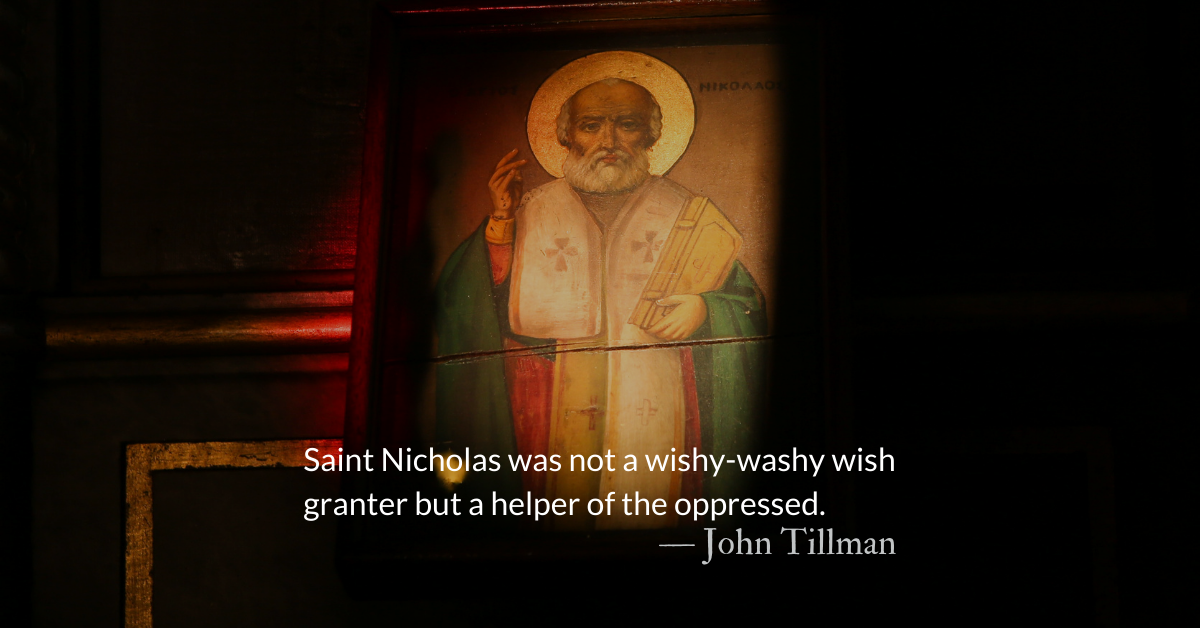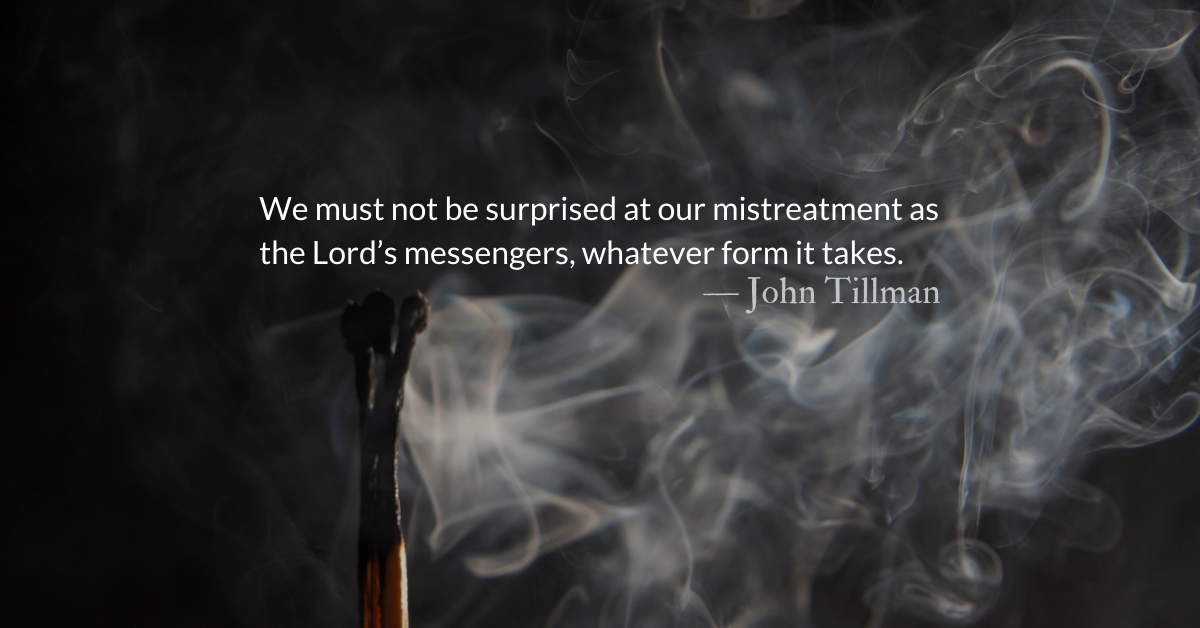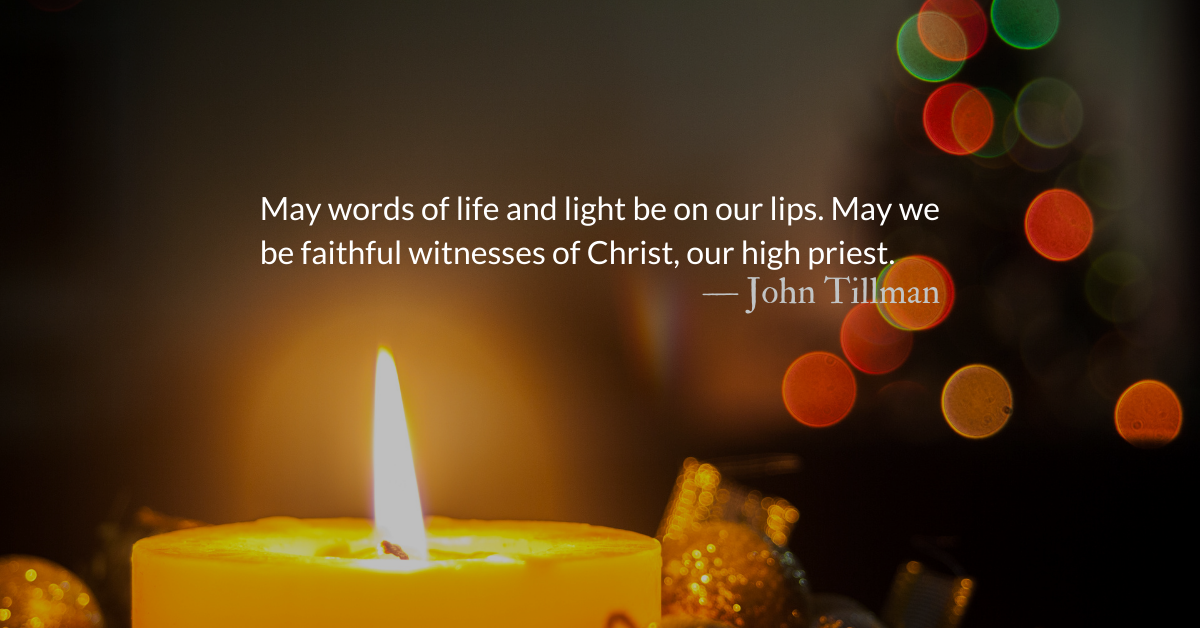Scripture Focus: John 1.14
The Word became flesh and made his dwelling among us. We have seen his glory, the glory of the one and only Son, who came from the Father, full of grace and truth.
Anniversary of Covid Pandemic: One year ago today, the World Health Organization declared Covid-19 a worldwide pandemic. Some countries dealt well with the crisis, some failed to do so. As of March 7th (as I prep this post) 525,000 have died in the United States and 2.59 million worldwide. Approximately twenty percent of Covid deaths have been in the United States. The spiritual and emotional impact is real all across the world. Vaccines becoming available won’t change the trauma endured by those who lost loved ones or who served on the front lines. The Humanitarian Disaster Institute is hosting today, a free Spiritual First Aid Summit which aims to help churches and believers respond to the needs of their communities in times like this. We have been a sponsor of this summit and pray that many of you, our readers, and your churches will take advantage of the free resources and training available through the summit and through the Humanitarian Disaster Institute.
May God use us as his hands and feet to be with and care for those who have lost loved ones and those currently ill.
Reflection: Unity and Diversity—Worldwide Prayer
By John Tillman
Much of John’s gospel is concerned with unity. John holds a unity of purpose—that we may believe in the name of Jesus and have life in him. John describes the unity of the trinity—describing the interplay and relationship between the Father, the Son, and the Holy Spirit. John also spends a large percentage of his writing (most of chapters 12-17) detailing the struggle Jesus underwent in the final hours before his arrest to prepare the disciples and bring them to unity.
Unity cannot be won in debates. Unity cannot be claimed by a victor. Unity cannot be seized as a weapon. (Although cries for unity often lead to armed conflict and suppression of dissent.)
Unity cannot be achieved by defeating others but by embracing them. Unity does not come by our cleverness, but by foolishly clinging solely to Christ and his cross.
As we pray this prayer from Germany that celebrates unity and diversity, may we look forward in our minds to these familiar passages in John. May we be one as Christ and the Father are one…
Unity and Diversity
A prayer of celebration from Germany
Lord, our God and Father, in Jesus Christ we pray. We are impressed by your power, by your greatness, by your excellence.
Your praises are heard in a multitude of languages which we cannot understand. But you hear all of them. We are shaped by different cultures and traditions. We express our thoughts and feelings in different ways. But you know exactly what each of us means.
You rejoice in the diversity which is your creation; you show your affection to each one of us according to our special needs.
Send your Holy Spirit to untangle your perplexity so that we can accept brothers and sisters whose expression of faith is different, because you created all of us in your own image.
Lord, creator of the universe, how amazing you are. We adore you; we exalt you.
*Prayer from Hallowed be Your Name: A collection of prayers from around the world, Dr. Tony Cupit, Editor.
Divine Hours Prayer: A Reading
Jesus taught us, saying: “And the judgment is this: though the light has come into the world people have preferred darkness to the light because their deeds were evil…but whoever does the truth comes out into the light, so that what he isdoing may plainly appear as done in God.” — John 3.19, 21–
Divine Hours prayers from The Divine Hours: Prayers for Springtime by Phyllis Tickle
Today’s Readings
Exodus 22 (Listen – 4:23)
John 1 (Listen – 6:18)
Read more about Reflecting the Unity of Christ
I thank you for the opportunity of worship with members of the worldwide Christian family, across barriers of every kind that separate people and keep them apart.
Read more about Lent is a Community Project
Lent is a community project we engage in as a partnership between us, the Holy Spirit, and Christ’s body, the Church.






